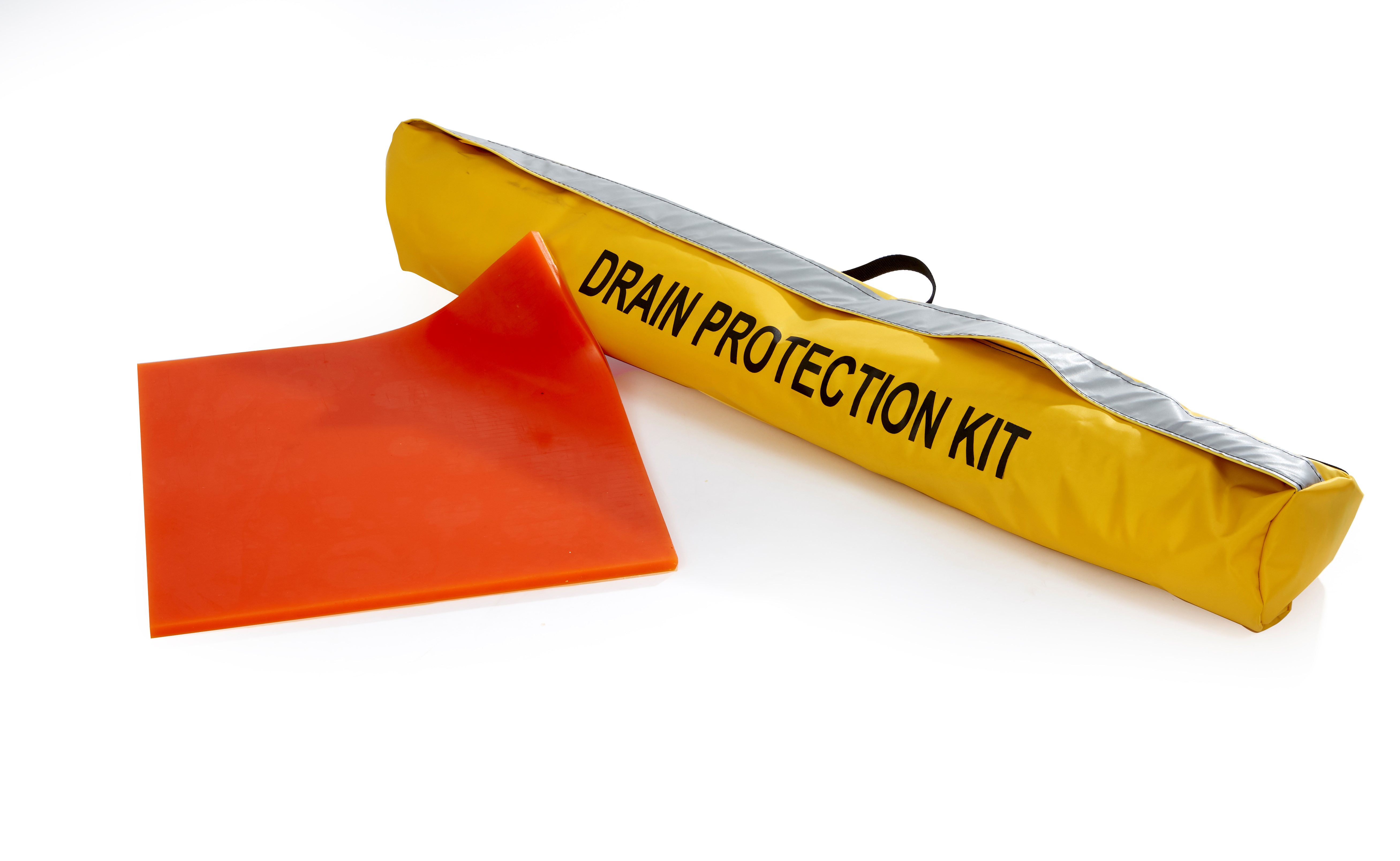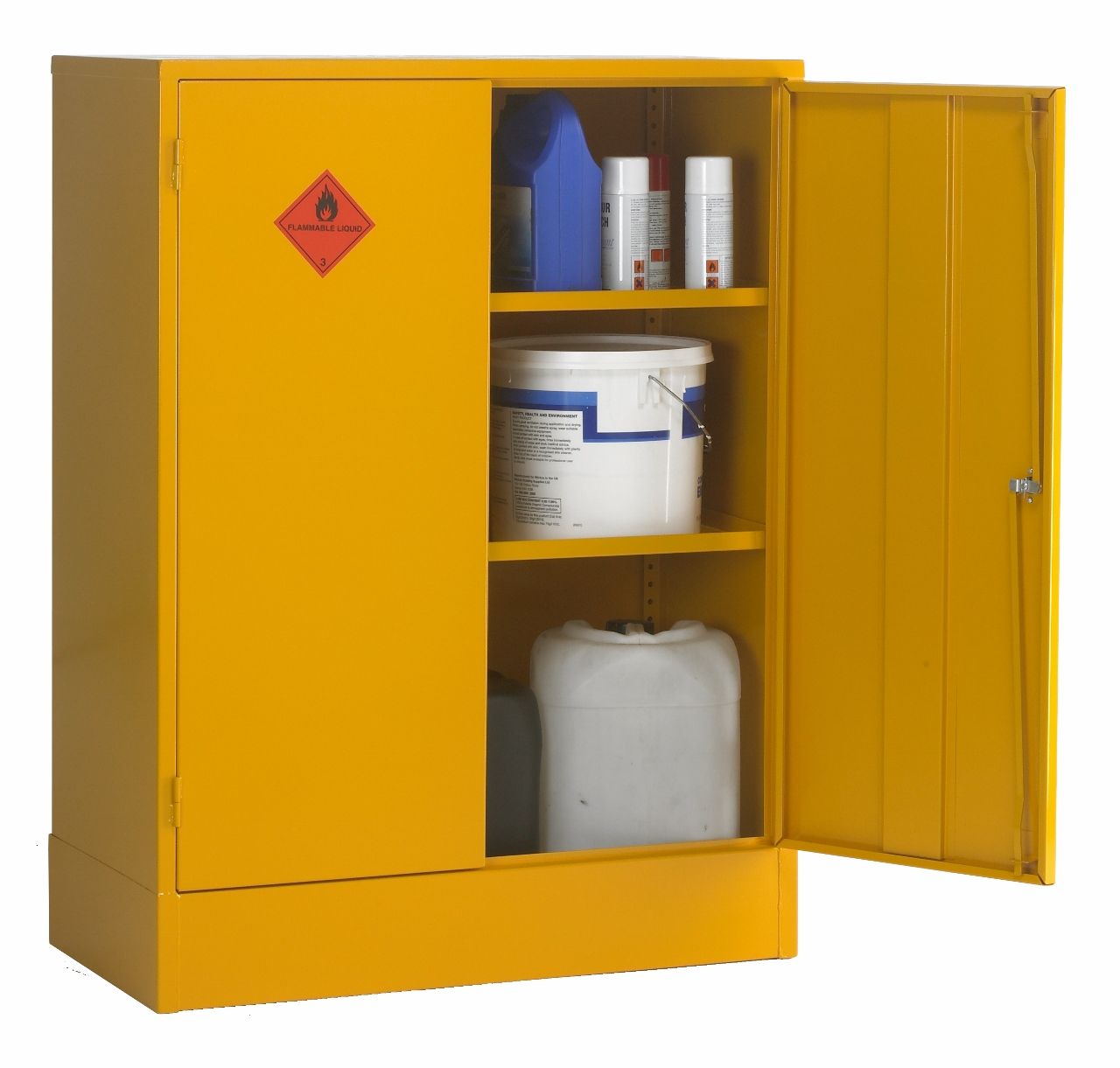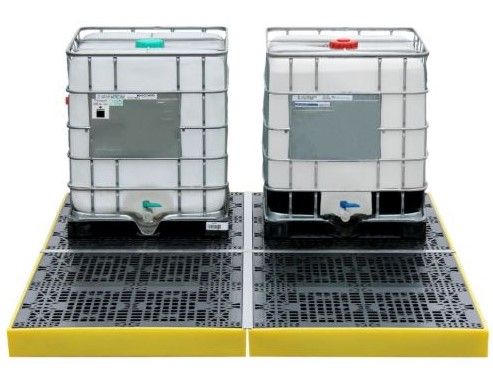As workplaces continue to relax COVID-19 restrictions and life returns to a more recognisable reality, an increasing number of businesses are welcoming higher volumes of staff onto their premises once again.
While many companies are embracing the new ‘hybrid working’ model, where employees split their time between onsite and working from home, it is essential that businesses prepare for the return of their staff by ensuring the correct health and safety procedures are in place.
Fire safety is one such issue that becomes increasingly important the more staff who are working onsite. Some industries, such as manufacturing and construction, were unable to work from home during the pandemic, but it is still the perfect time to consider fire safety as normality returns.
In this article, we will discuss fire alarm regulations and how they can be implemented in your workplace.
Who is responsible for fire safety in my place of work?
You are responsible for fire safety in business or other non-domestic premises if you are:
- An employer
- The owner
- The landlord
- An occupier
- Anyone else with control of the premises, such as a facilities manager, building manager, managing agent or risk assessor
If you fall into one of these categories, you are known as the ‘responsible person’. If there is more than one responsible person in your business, you should work together to ensure you are compliant with regulations.
What are my fire safety responsibilities?
As the responsible person, you must carry out the following fire safety tasks:
- Conduct a fire risk assessment of the premises and review it regularly
- Inform staff or their representatives about any fire safety risks you have identified as part of the fire risk assessment
- Put in place and maintain appropriate fire safety measures
- Plan for an emergency
- Provide staff information, fire safety instruction and training
Does my workplace need a fire alarm?
As an employer, it is your responsibility to ensure your employees are protected from hazards and unsafe working environments. This includes complying with fire safety regulations.
Despite this rule, commercial properties are not legally required to have fire alarms installed as per UK regulations. However, businesses must have an “appropriate fire detection system” in place. Smaller premises with less than five members of staff can typically rely on shouting to one another or alerting fellow employees that there is a fire; however, larger properties with more staff should install a fire alarm in order to ensure all workers are kept safe.
For specific guidance on what kind of fire detection system would be appropriate for your workplace, please refer to this advice from the London Fire Brigade.
What type of fire alarm do I need?
There are many different types of fire alarms to choose from, including both manual and automatic options. The three main types of fire alarm systems are as follows:
Conventional fire alarm
- Divides your premises into broad zones
- In the event of an alert, the fire alarm panel identifies the zone, but not the precise area
- Most suitable for smaller or lower-risk environments
Addressable fire alarm
- Each individual device has its own unique electronic address
- If one activates, the fire alarm panel tells you precisely where the problem is
- Most suitable for larger, or higher risk environments - such as schools, care homes or hospitals
Wireless fire alarm
- Uses a secure wireless link between the sensors and the fire alarm panel
- Typically works like an addressable system, but without the wires
- Most suitable for use on temporary sites, such as large construction sites and one-off event venues
What do I need to consider when installing a fire alarm?
The most important factors to take into account are:
- All staff should be able to hear the alarm
- Every exit in the building should have an alarm call point
- The fire alarm should be in good working order at all times
- You or another responsible person should test the fire alarm on a regular basis
How often should a fire alarm be tested?
Fire alarm regulations state that a fire alarm should be tested regularly by the business owner or another responsible person. Frequent testing is extremely important because there could be serious consequences if an alarm is not checked and a fire does break out.
At a minimum, your fire alarm system should be tested at least once a week. The government also recommends that your fire alarm system undergoes a check-up by a reliable contractor twice a year.
You should enlist a responsible individual or organisation that carries the British Approvals of Fire Equipment certification to carry out these checks.
Find out more
To get more specific legal guidance on your fire safety responsibilities in this area, please consult the official government advice, or the Health & Safety Executive’s fire safety risk assessment guide.
For recommendations on which fire alarm system might work best for your property, give SafetyBuyer a call on 0800 043 1061.
 Over 12,000
Over 12,000  Simple no quibble
Simple no quibble  Prompt dispatch &
Prompt dispatch &  UK Mainland Delivery
UK Mainland Delivery 












